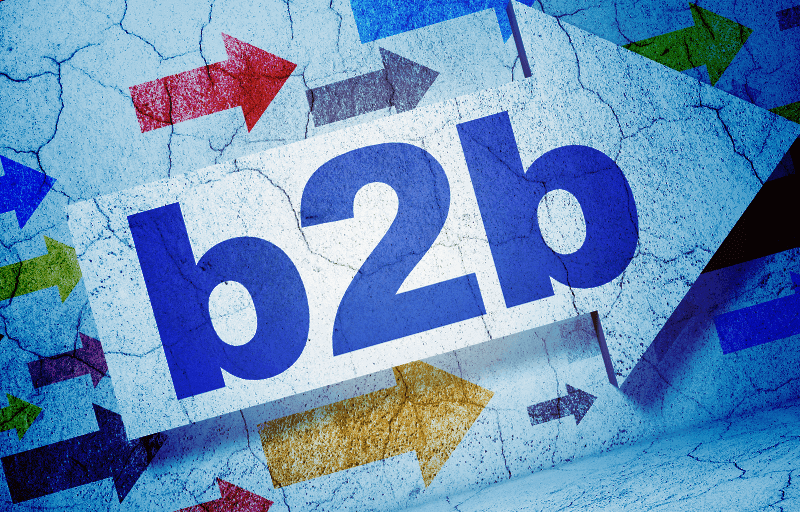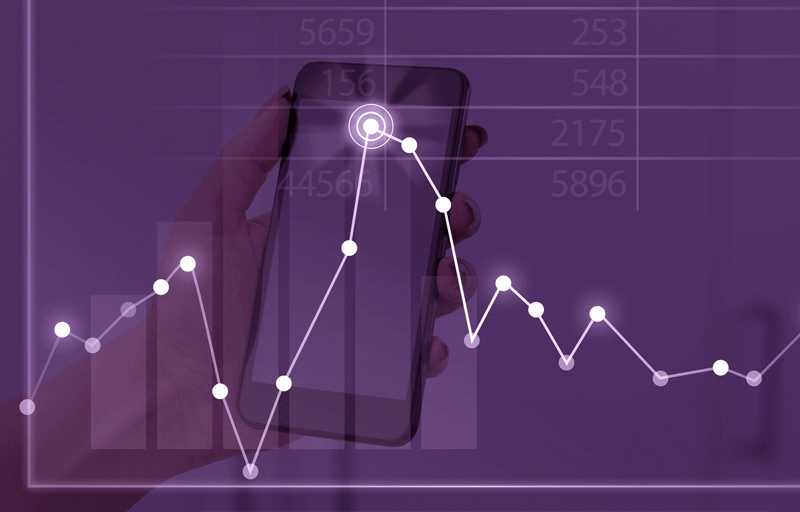Though the global B2B e-commerce market is projected to reach a value of nearly $26.6 trillion by 2030, there are still a lot of misconceptions about it. In fact, you might be surprised to find out how many common statements about the B2B market are actually false. So, which statement about the B2B market is true?
One of the most widespread myths is the fact that business-to-business companies do not need to have an active social media presence and that their marketing strategy is about reaching companies not people. Furthermore, not many individuals know that the customers of the B2B market are often concentrated in certain areas, instead of being geographically dispersed.
With that being said, there are popular statements about the business-to-business market that are not entirely false, and we’ll take a closer look at those below.
Which Statement About the B2B Market Is True?
Industrial Buyers Are Usually Large
Answer: true
There are different types of business customers in B2B markets – reseller, government, and industrial. Though an industrial buyer can order a single replacement part, industrial transactions are often a lot larger than that.
On average, B2B purchases are higher value and more complex and/or customized than B2C purchases. That’s exactly why business-to-business purchasing decisions typically involve multiple stages over time and can take 2-6 weeks and involve 3-4 decision-makers.
The Number of Buyers Is Smaller in the B2B Market
Answer: 50/50
When products or services are sold directly to customers, companies might end up closing thousands of deals in days or even minutes. Typically, in the B2B market, the actual number of buyers is not as large. But the buyers are not just separate individuals, they are manufacturers, retailers, hospitals, schools, charities…
In fact, items might get sold and resold several times before reaching the final consumer. So, the product might end up getting purchased by more people in the chain, but when it comes to direct sales, the number of buyers is definitely smaller in the B2B market.
The B2B Markets Are Geographically Dispersed
Answer: false
B2B markets in the same industry tend to cluster in the same area based on cost and access and availability of resources. Silicon Valley with dozens of tech companies and Detroit with 26 original equipment manufacturers of the automotive industry are prime examples.
The B2C market is most certainly more geographically dispersed as some businesses might have thousands or even millions of potential customers dispersed throughout a region, country, or the whole world.
B2B Buyers Are More Emotionally Driven
Answer: 50/50
It’s tempting to believe that in the business-to-business market, all the decisions made are purely logical. But as you will be dealing with a human in any case, you would have to deal with emotions as well.
Some B2B buyers might be more emotionally driven as they typically take on more risk when buying a product or a service. If the purchase fails to provide the promised experience, the company might potentially lose millions of dollars and the decision-maker will get blamed.
Because of that B2B buyers might carry more emotions when making a buying decision, but we can’t state that such buyers are more emotionally driven than B2C ones.
B2B Marketing Is About Reaching Companies Not People
Answer: false
Even though B2B marketers are trying to land a company as a client, that does not mean that their campaigns do not target real people.
In fact, behind each company, there is a decision-maker who decides whether the contract will be signed or not. So, when coming up with a marketing strategy, B2B marketers have to try to connect with people at a personal level, recognize what their problems are, and how their service or product can help solve them.
By the way, along with reaching business employees, it is also beneficial in the majority of cases to reach their potential customers. Certain businesses can be forced to start using a product if that’s what their customers are demanding as B2B markets (unlike B2C markets) are driven by derived demand.
B2B Companies Don’t Need an Active Social Media Presence
Answer: false
This statement couldn’t be any further from reality because social media is a source that is used by 75% of business-to-business buyers to make purchasing decisions.
An active social media presence allows your company to develop a relationship with potential customers by building brand awareness, increasing engagement, and educating your audience.
Furthermore, over 50% of B2B buyers say that they are more likely to buy from a brand once they have read their content.
Final Thoughts: Which Statement About The B2B Market Is True?
Now you know what statements about the B2B market are true and which are entirely false.
There are also cases when it is practically impossible to give a definite answer as even though business-to-business companies share a lot in common, they can be drastically different in many ways. Thus, there simply can’t be a one-fits-all solution.

